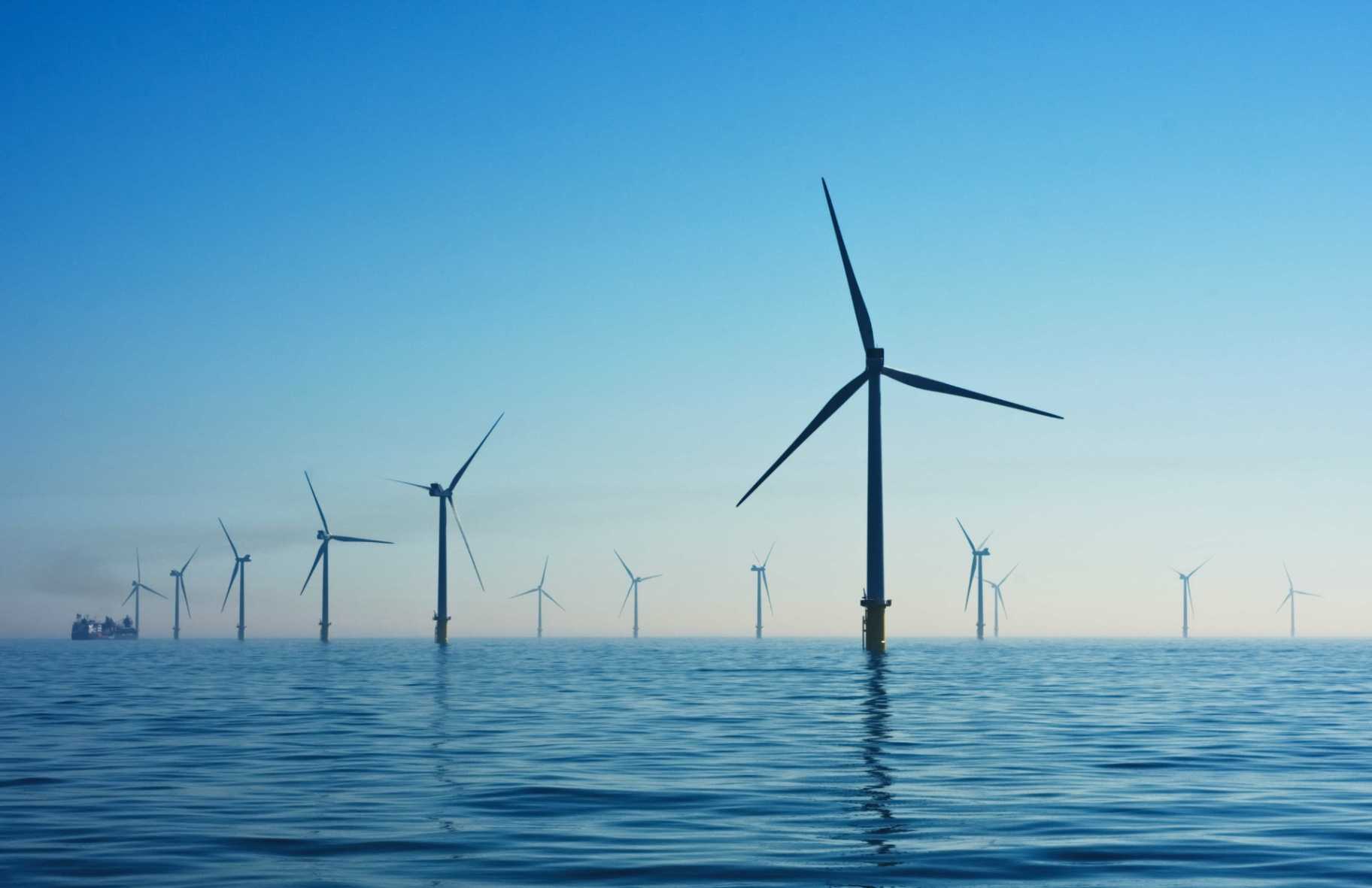What’s New in RE100: 2025 Technical Criteria Updates
Market Insights | Jun/16/2025

The RE100 2025 technical criteria update introduces a series of changes that clarify sourcing rules, tighten eligibility requirements, and provide more detailed guidance on procurement methods.These updates directly impact how companies meet RE100 reporting requirements.
This summary breaks down what changed and how it might affect your reporting.
New to RE100? Start with our introductory guide.
1. No More Coal Co-Firing
RE100 will no longer allow members to claim electricity generated from coal co-firing. This rule applies to all procurement types and removes any remaining pathway for coal-based energy to count toward RE100 targets.
The decision reflects growing concerns that co-firing extends the life of coal infrastructure without delivering real decarbonization. By closing this loophole, RE100 signals a clear move away from transitional fossil fuel strategies and toward fully renewable procurement.
Timeline: This update applies to electricity use from calendar year 2026 and will be enforced through the 2027 CDP reporting cycle.
2. Stricter EAC Cancellation Rules
RE100 will now require stricter verification that renewable energy certificates, such as GOs, I-RECs, US RECs, and others, are properly cancelled in official registries. The goal is to eliminate double counting and improve trust in reported renewable electricity use, especially in markets where EAC systems are widely used.
Under the new rule, certificate cancellation is mandatory in all markets where EACs are in common use. There are a few exceptions for specific procurement types and market conditions, but overall the guidance signals a shift toward full traceability across all major geographies.
For companies using our platform, EAC retirement is already built-in and straightforward, including direct cancellation through registries like Evident. This makes compliance with the new rule simple to align with.
Timeline: This update applies to electricity use from 2026 and will be enforced in the 2027 CDP reporting cycle.
3. 15-Year Rule Exception for Original Off-Takers
RE100 has reinforced its 15-year rule, which limits eligible renewable electricity to facilities commissioned or re-powered within the past 15 years. However, the 2025 update introduces clearer guidance on a key exemption: original off-takers.
If a company is the first buyer (known as the original off-taker) in a long-term, project-specific agreement, it can still count that electricity toward RE100 goals, even if the facility is older than 15 years. Examples of project-specific agreements include PPAs or unbundled EAC contracts tied to a particular facility.
Timeline: This clarification applies immediately and is reflected in 2025 CDP reporting.
4. Ecolabel Guidance Updated
RE100 has updated its guidance on voluntary ecolabels, noting that some (such as Green-e and Australia’s GreenPower) already apply a 15-year commissioning or re-powering limit.
In addition, the revision adds EKOenergy to RE100’s list of recognized ecolabels.
Timeline: Applies immediately.
5. Chinese GECs Now Fully Recognized
With this update, RE100 has officially removed the “conditional use” label from China’s Green Electricity Certificates (GECs). These certificates are now fully recognized for use in RE100 reporting and on par with international standards like GOs, RECs, and I-RECs.
This change reflects improvements in how GECs are issued, tracked, and retired, and it offers companies operating in China a clearer path to credible renewable claims.
Timeline: Applies immediately.
6. Korea’s Green Premium Clarified
RE100 now includes a more detailed explanation of Korea’s Green Premium program. The update confirms that this procurement method falls under the category of “retail contracts with supplier”, since they are not tied to specific projects.
This clarification helps companies in Korea report their procurement in line with RE100 requirements.
Timeline: Applies immediately.
7. Marine Energy Now Recognized
RE100 has added marine energy (wave and tidal) to its list of eligible renewable energy sources. Companies sourcing electricity from marine projects can now count it toward their RE100 targets.
Timeline: Applies immediately.
8. Stricter Rules for Hydropower and Biomass
RE100 has strengthened its position on biomass and hydropower. These sources now count toward RE100 targets only if companies can demonstrate that the electricity was generated sustainably. Some form of assurance is now required, with third-party certification recommended as best practice.
Timeline: Applies immediately.
The full RE100 technical criteria update (last revised in April 2025) is available on their official website.
Looking to source RE100-eligible EACs? Our Marketplace makes it easy to identify certificates that meet RE100 requirements—just look for the RE100 label. Contact us to discuss your needs or get started.
Get Started With CnerG
Request Demo
Learn how CnerG can help you source Environmental
Commodities with ease.

